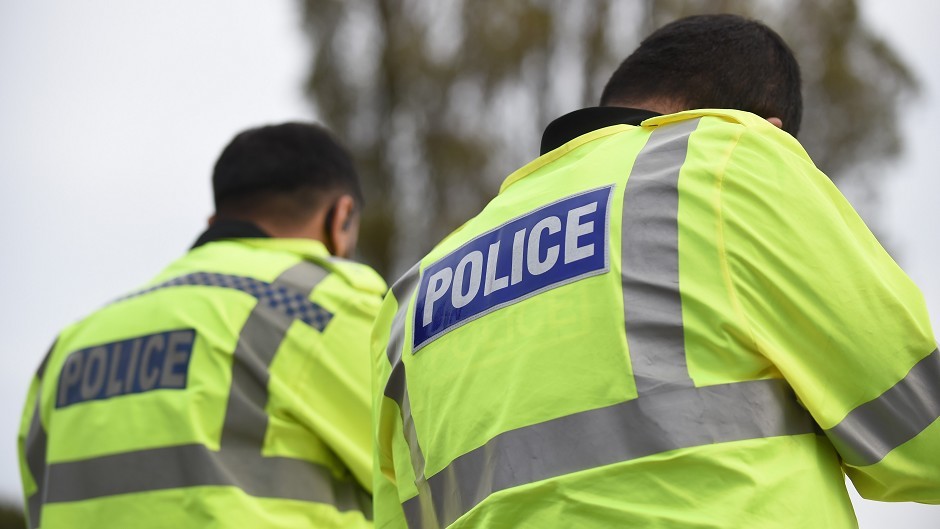Housebreaking victims in some areas of the north are losing out to a “postcode lottery” which means the criminals who have ruined their lives evade justice.
New figures show that crime detection rates vary substantially across different council wards.
The statistics – which cover housebreaking detection rates during 2014 – show that in the Garthdee area of Aberdeen, only one of the 56 break-ins recorded was solved, meaning the detection rate was just 1.8%.
And in Peterhead North, six out of 72 break-ins were solved – a detection rate of 8.3%.
However, in other areas – such as Shetland and the Western Isles – the detection rates were far higher, with the vast majority of crimes being solved.
Across Scotland, just one in four domestic break-ins is ever solved and the council ward breakdown shows massive fluctuations even among neighbouring areas in the same towns and cities.
Scottish Labour’s justice spokesman Hugh Henry said: “These figures expose the postcode lottery when it comes to housebreaking in Scotland.
“It’s grossly unfair that where you live determines not just how likely you are to be a victim of this type of crime but also whether or not the police are likely to catch the criminal.”
Liberal Democrat justice spokeswoman, north-east MSP Alison McInnes, added: “These figures are hugely concerning and underline the impact the shift to the single force has had on local policing.”
Police Scotland has stressed housebreaking remains a “priority” for the force.
Assistant Chief Constable Kate Thomson said: “Housebreaking is a priority for Police Scotland and we recognise the impact such an invasive crime can have on our communities.
“In December 2013 we launched Operation RAC across the country to target housebreaking offenders and to reassure the public that offences of this nature would not be tolerated.
“For 2014-15, reports of housebreaking fell by almost 2%, while the detection rate also increased to 25%.”
